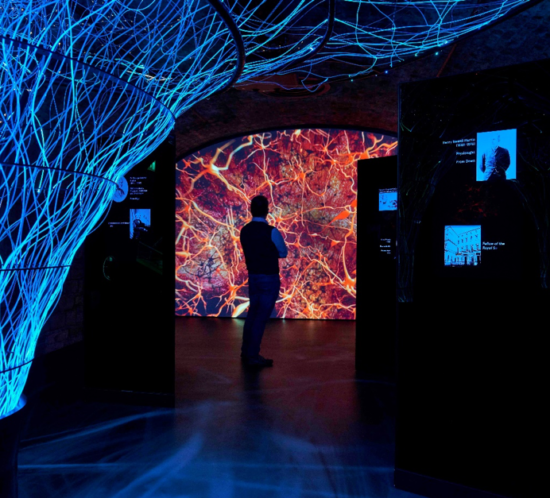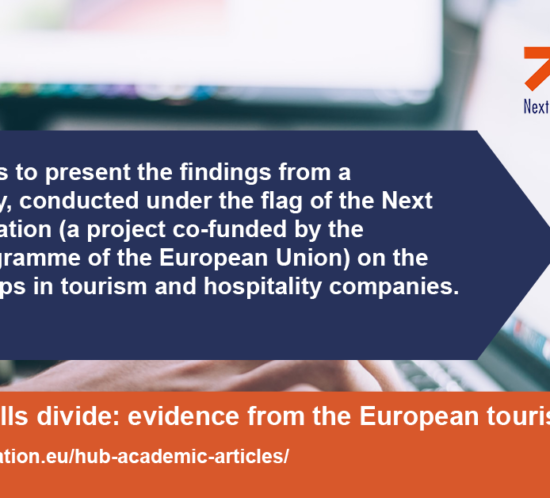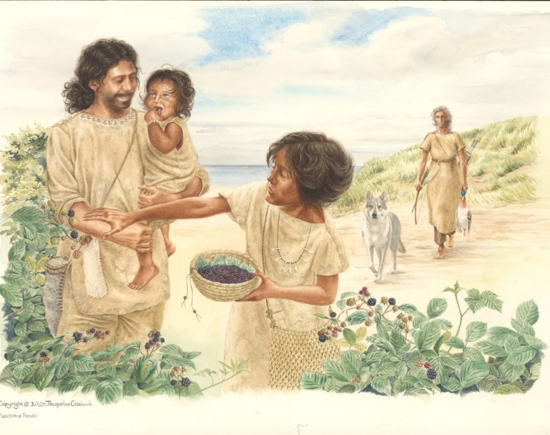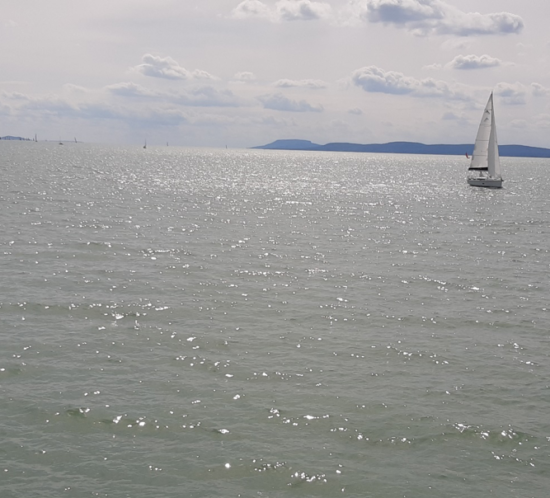Digital Museums: EPIC The Irish Emigration Museum, Dublin Ireland
Technology is transforming visitor attractions. The use of digital technology is now commonplace in attractions, including museums, to engage visitors, enhance their experience, interpret information and bring history and stories to life. Today, visitors can see and expect more uses of technology in museums including interactive media exhibits, use of smartphones, augmented and virtual reality and interactive apps, to create memorable and personalized experiences. Additionally, virtual tours have played a key role in engaging with visitors during Covid-19. Digital skills are thus becoming increasingly important in the tourism industry. The importance and demand for digital skills across tourism sub-sectors is highlighted by the Next Tourism Generation Alliance.












